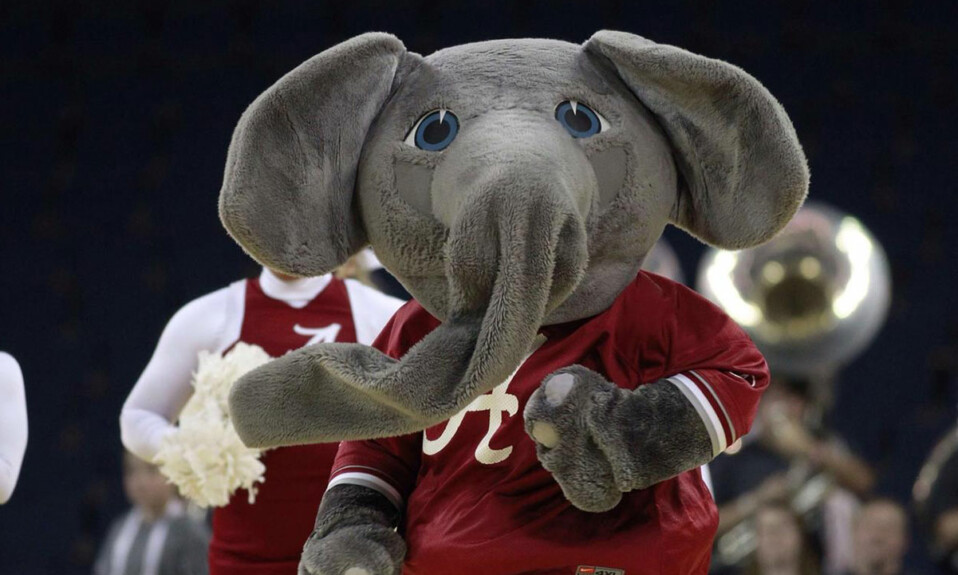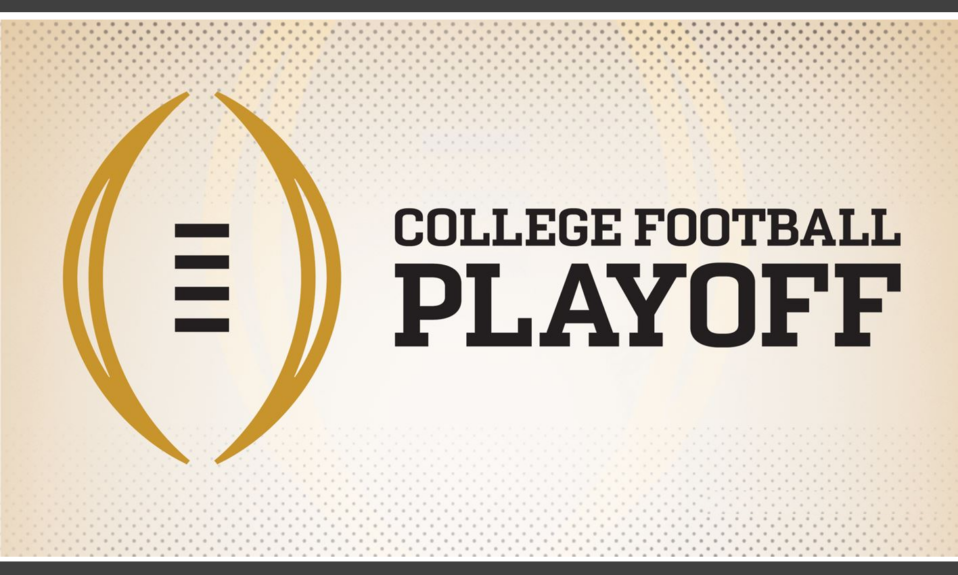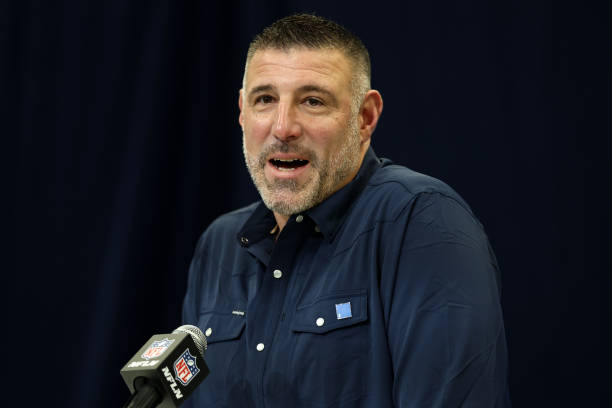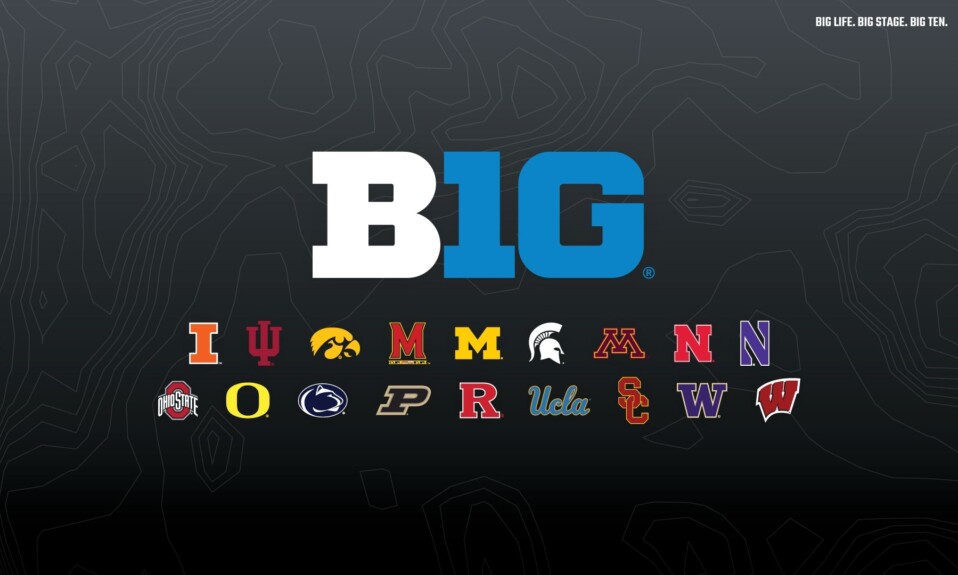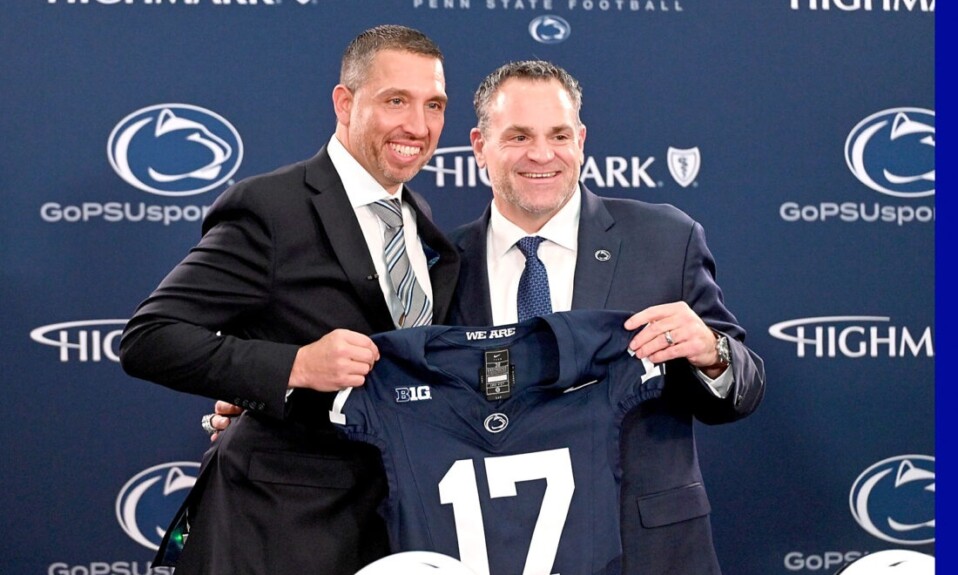The ongoing legal battles between the Atlantic Coast Conference and Florida State reached a new point this week, as the conference filed a lawsuit alleging the Seminoles breached a contract.
According to Pete Thamel of ESPN, the ACC seeks damages from Florida State “for serial breaches of critical legal promises and obligations,” and also “questioned FSU’s right to have leadership in ACC positions.”
READ: Reports: Alabama DB Caleb Downs enters transfer portal
In an amended complaint, the ACC stated “Florida State has chosen to breach its contractual obligations. It has violated its contractual promise not to challenge the validity or enforceability of the Grant of Rights,” according to Thamel.
In December 2023 Florida State moved to file a lawsuit and “sue the ACC to challenge the legality of the league’s grant of rights and its $130 million withdrawal fee.”
Florida State has considered leaving the ACC with concerns over distribution of revenue. In August 2023 the Seminoles “very seriously” considered departing the conference during a board of trustees meeting.
READ: Arizona hires San Jose State’s Brent Brennan as next head coach
According to The Associated Press, the ACC also accuses Florida State “of releasing confidential information — trade secrets between league and television partner ESPN — in its legal filing in the Sunshine State.”
The ACC’s filing is 55 pages long and seeks “a trial and damages it reasonably believes will be substantial,” according to the AP.
The ACC filed six claims in its lawsuit, “including FSU breaching its contract with the ACC, breaching confidentiality in the media rights agreement and breaching fiduciary obligations and obligations of good faith,” according to Thamel.
READ: Ohio State names Texas A&M’s Ross Bjork next athletics director
The lawsuit “also challenges FSU’s ability to have school officials in conference leadership positions,” according to ESPN.
The suit also asks for “a permanent injunction barring Florida State from participating in the management of the affairs of the Conference while it has a direct and material conflict of interest” with the conference’s objectives,” according to ESPN.
Feb. 16 will be when both sides have agreed to respond to the initial filings, and the overall legal process is “expected to take years,” according to ESPN.


